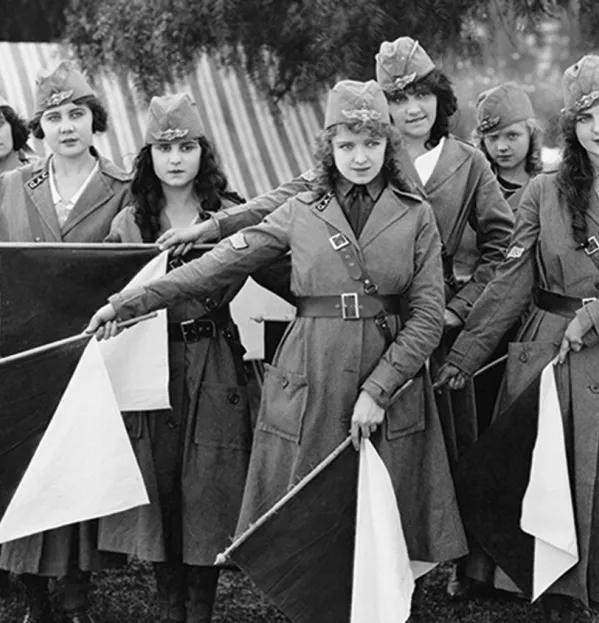Last month’s report from the Social Mobility Commission, Social and Ethnic Inequalities in Choice Available and Choices Made at Age 16, was an important call to arms. The moral, social and economic imperatives are clear, and education still represents the best way to enhance prospects and opportunities for young people.
The report, however, contains some inaccuracies about sixth-form provision: the truth is that sixth-form colleges are less selective than suggested - they recruit students with lower GCSE scores and higher incidences of free school meals than those in school sixth forms but still get better results.
Small school sixth forms are less successful, as noted by Ofsted in its annual report; and sixth-form colleges offer better value for money than schools, as research from London Economics has shown.
But it is right to highlight the pressing need to address the social mobility challenge. The government’s plan is now to establish three distinct pathways for progression at 16: academic, technical and professional, and apprenticeships. To succeed, it must resolve the connected problems of parity of esteem and information, advice and guidance (IAG).
Impartial and personalised
The three pathways can be viewed equally only if they are all rigorous and all valued by young people, parents, teachers and employers. There is no hierarchy here - one pathway is not better or worse than another. To identify which pathway is right for which student, we need clear and easily accessible information.
Students need impartial advice and a personalised approach to guidance.
But there are conflicting pressures. Low funding and a drop in our teenage population mean that schools and colleges are tempted to view students as funding units - the more you recruit, the more secure you are. So IAG is too often a recruitment or retention exercise. In schools, it sometimes doesn’t happen at all. There is a belief that having a sixth form - however small, dysfunctional or costly - makes it easier to recruit teachers. Schools often see their sixth form as vital to raise standards - but Ofsted, in inspecting sponsored academies, has often found sixth-form provision to be a weakness. Schools frequently promote the notion that young people will be better monitored and supported in a school environment. There is no evidence for this. Indeed, colleges pride themselves on the attention they pay to student progress, welfare and preparations for later life.
Inadequate information advice and guidance in schools can be an insurmountable obstacle
In a specialist 16-19 centre, students are taught by dedicated experts, they choose from a broad range of subjects and they learn to study independently.
But inadequate IAG, borne out of schools’ limited knowledge of colleges, and their own financial needs, can be an insurmountable obstacle to good choices.
The government has a role to play in resolving this conundrum. It should address teacher shortages; low funding levels and competition for students; the use of language such as “gold standard” or “rigorous academic” that implies a lack of rigour in other pathways; and the English Baccalaureate measure that attaches greater value to some subjects than others.
It should also mandate the requirement, already in place but not in practice, to ensure all pathways are objectively explained to 16-year-olds, and it should simplify the application process. Young people will not get the IAG they need until the government’s policies are addressed and aligned.
Bill Watkin is chief executive of the Sixth-Form Colleges’ Association @billwatkin
